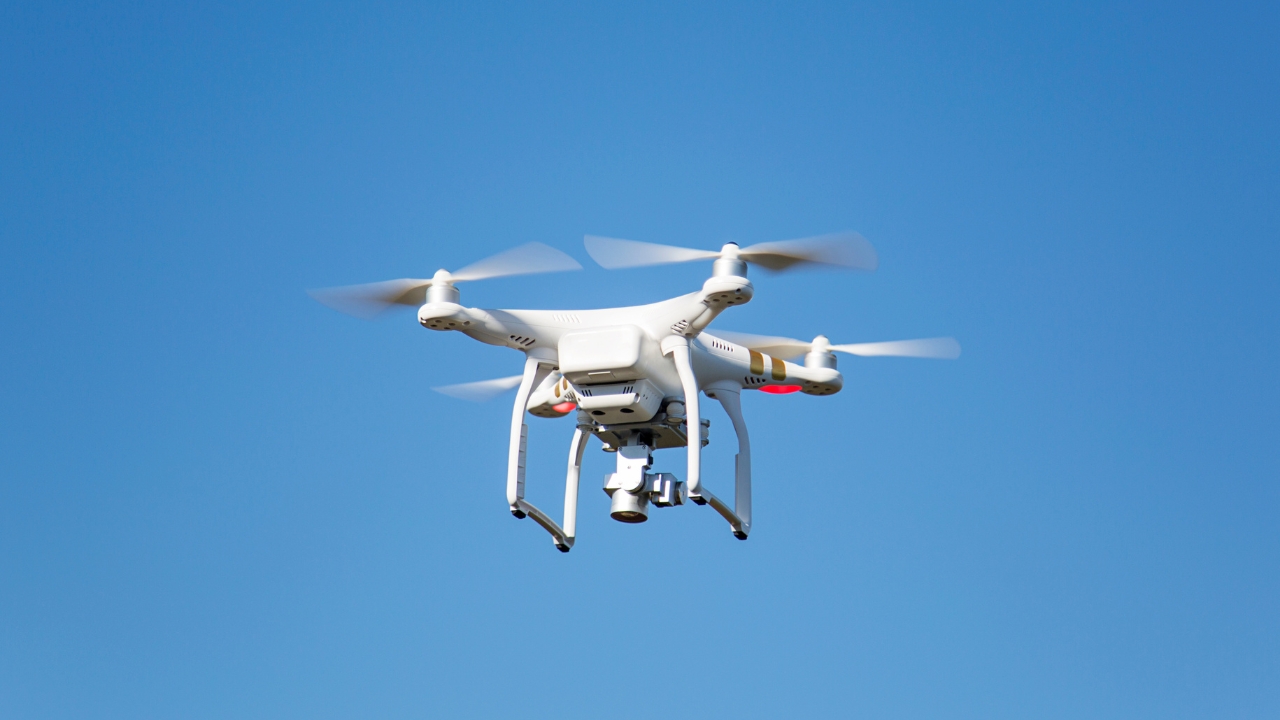
Luigi Mangione Appears in Court Over Killing of In
Luigi Mangione appears in court over murder of UnitedHealthcare CEO. Lawyers seek to dismiss state c

The recent clash between Poland and former U.S. President Donald Trump over Russia’s drone strike is more than just a war of words. At its heart lies a serious question: how should Europe, NATO, and the wider global community respond when Russia repeatedly pushes the limits of international law? Poland’s strong statement that the Russian drone attack was “no mistake” should not be brushed aside. Instead, it must be seen as a wake-up call about the risks Europe faces as the war in Ukraine grinds on.
The Incident: What Happened
In mid-August, a Russian drone crossed into Polish airspace during a wave of strikes against Ukraine. The drone eventually crashed on Polish soil. For Warsaw, this was more than an accident—it was a violation of sovereignty and a dangerous escalation.
While Donald Trump argued that the drone’s entry could have been unintentional, Polish officials wasted no time in rejecting that line of thought. Prime Minister Donald Tusk and Foreign Minister Radosław Sikorski stressed that Russia “knows what it is doing” and that such intrusions are part of a deliberate strategy.
This is not the first time drones and missiles fired toward Ukraine have entered Polish territory. In earlier cases, Poland had shown restraint, treating incidents with caution. But now Warsaw believes the pattern is too frequent and too calculated to dismiss.
Poland’s Security Concerns
Poland sits on the frontline of NATO’s eastern border. Any Russian action inside its territory amounts to a direct challenge to NATO’s promise of collective defense. This is what makes the recent drone strike far more serious than a mere “accident.”
From Warsaw’s point of view, Russia’s actions serve two purposes:
To intimidate Poland and remind it of its vulnerability.
To test NATO’s patience and see how far the alliance is willing to defend its members.
This is why Polish leaders are calling on their NATO partners for stronger defense systems, increased surveillance, and a clearer stance that Russia’s provocations will not go unanswered.
Trump’s Controversial Remarks
Donald Trump’s comments struck a political nerve in Europe for a simple reason: they downplayed the gravity of Russia’s actions. To suggest that an attack crossing into a NATO member state could be a “mistake” dismisses the lived reality of countries like Poland that face direct threats from Moscow.
His words also revive old debates about whether the United States can be relied upon to defend Europe under NATO’s Article 5 guarantee. For Poland, this is no minor issue—the credibility of NATO rests on the belief that an attack on one member is an attack on all. Any uncertainty weakens deterrence.
Escalation Risks in Eastern Europe
The war in Ukraine has already dragged on for more than three years, and Russia has shown no sign of de-escalation. Instead, Moscow has intensified attacks, using drones and missiles both as a tool of damage and as a psychological weapon.
For Poland, every drone strike that crosses the Ukrainian border carries the risk of spilling into its own territory. This creates a dangerous cycle: Moscow tests, the West debates, and in the meantime, NATO’s credibility is put at risk.
If NATO responds too softly, Russia may grow bolder. If NATO responds too strongly, the world risks a wider war between nuclear-armed powers. The delicate balance between deterrence and restraint is being tested daily in Eastern Europe.
The Political Dimension
Poland’s firm words are also a message to the wider international community: do not allow complacency to weaken unity. For months, Russia has been betting on war fatigue in Western capitals. Public debates, political disagreements, and electoral changes all give Moscow an opening to push its agenda.
Poland, with its history of being caught between great powers, understands too well the price of underestimating aggression. Its leaders are essentially warning Europe and the United States that lukewarm responses invite greater risk rather than peace.
The dispute over Trump’s remarks also highlights another issue: the gap between American and European views on the war. While some in the U.S. see Ukraine as a distant problem, for countries like Poland, it is a matter of national survival. The drone strike only sharpens that difference.
Why This Matters to NATO
NATO’s survival depends on credibility. If Russia believes that strikes inside NATO territory can be dismissed as “mistakes,” then deterrence weakens. Poland’s insistence that the drone strike was “deliberate” is not only about protecting its own land. It is about reinforcing the message that NATO borders are non-negotiable.
This is why Warsaw has been quick to push the issue internationally. By framing the attack as purposeful, it forces NATO allies to confront the reality of Russia’s strategy rather than hide behind diplomatic ambiguity.
The Road Ahead
Poland is expected to push for:
Tighter air defense along NATO’s eastern flank.
Stronger intelligence-sharing between allies.
Strategies to hold Russia accountable for repeated border incidents.
But beyond military measures, the challenge is political unity. If NATO members split on how to view such incidents, Russia will exploit those divisions. Only a firm, collective stance can prevent further escalation.